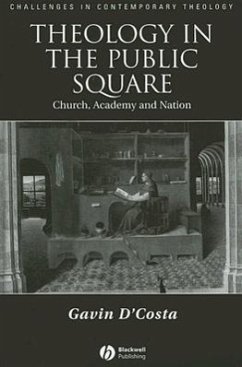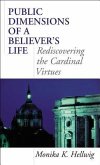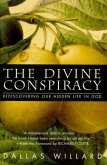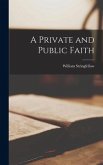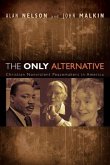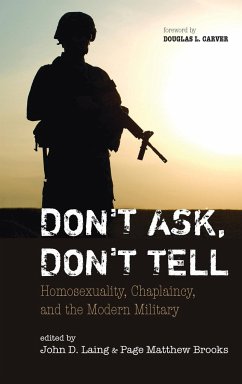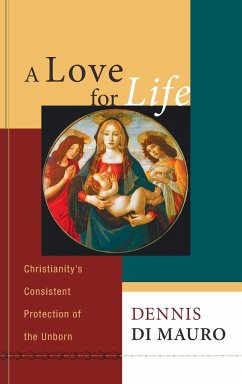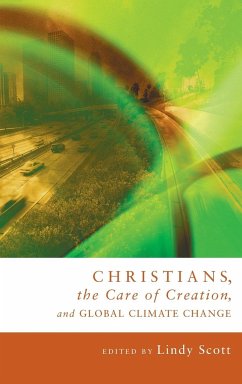This study shows how theology lost its pivotal role, along with philosophy, within the history of the western university. Reflecting on his own extensive academic experience, Gavin D'Costa sketches out a fascinating project, whereby theology may once more become "queen of the sciences." However, this requires rethinking the role of education and challenging modernist and postmodern visions of the university. He imagines what a Christian university might deliver: a challenge to the practice of various academic disciplines, giving detailed examples regarding religious studies and physics; as well as fostering the possibility of a genuinely intellectual Christian culture. The book feeds into debates about the religious identity of denominationally founded universities, taking as a test case Roman Catholic universities within the United States, and the role of freedom, funding, research, and progress within such universities. It also forms part of a wider attempt to propose a vital public role for theology that enables it to serve the Church, and engage the university, and the wider secular and inter-religious culture in which we live. This book will be of interest to those concerned with the future of the university as well as to students and teachers of theology and religion.
"D'Costa sets out his argument with clarity and skill ... Animportant book, relevant not only for discussions about the futureof theology in the academy but of religion in public life."(Theology)
"This is an important book and I hope augurs more interactionbetween out different Christian educational traditions." (TheGospel and Our Culture)
"A well argued book ... D'Costa has an invaluable argumenton the key place of theology within the life of a faith.(Anvil)
"A stimulating read ... Contains absorbing views on a widerange of current issues such as identity, secularization, ethicsand politics ... A timely and relevant challenge for thoseinvolved with Church or university theology in today's religiouslyvolatile world." (International Journal of PublicTheology)"A powerful and serious theological argument - essential readingfor anyone who wants to think seriously about the future ofuniversities in the west, and most especially, in these troubledtimes, about the relevance of the practice and study of religion towhat the west may become."
--Paul J. Griffiths, University of Illinois
"In this timely work, Gavin D'Costa has caught thepost-liberal/post-conservative wave sweeping over English-languagetheology. Picking up on Alisdair MacIntyre's suggestion that apluralism of rival universities would foster real difference betterthan pluralistic universities, he argues for a strong-case Catholicuniversity. Such a university would require both ecclesial theologyand theological religious studies. In this book, D'Costa performsboth. His treatment of theology, its relation to prayer andexegesis, and its place in the university will energize readers whoare tired of the same old theological thing."
--William L. Portier, University of Dayton
"This is an important book and I hope augurs more interactionbetween out different Christian educational traditions." (TheGospel and Our Culture)
"A well argued book ... D'Costa has an invaluable argumenton the key place of theology within the life of a faith.(Anvil)
"A stimulating read ... Contains absorbing views on a widerange of current issues such as identity, secularization, ethicsand politics ... A timely and relevant challenge for thoseinvolved with Church or university theology in today's religiouslyvolatile world." (International Journal of PublicTheology)"A powerful and serious theological argument - essential readingfor anyone who wants to think seriously about the future ofuniversities in the west, and most especially, in these troubledtimes, about the relevance of the practice and study of religion towhat the west may become."
--Paul J. Griffiths, University of Illinois
"In this timely work, Gavin D'Costa has caught thepost-liberal/post-conservative wave sweeping over English-languagetheology. Picking up on Alisdair MacIntyre's suggestion that apluralism of rival universities would foster real difference betterthan pluralistic universities, he argues for a strong-case Catholicuniversity. Such a university would require both ecclesial theologyand theological religious studies. In this book, D'Costa performsboth. His treatment of theology, its relation to prayer andexegesis, and its place in the university will energize readers whoare tired of the same old theological thing."
--William L. Portier, University of Dayton

